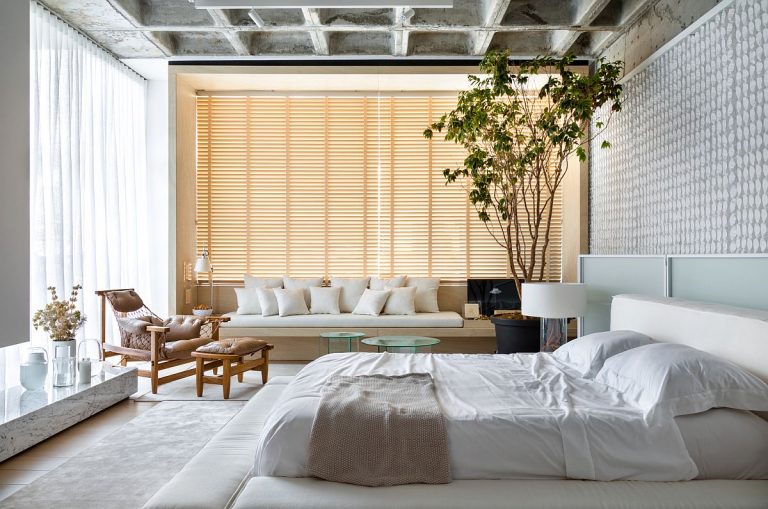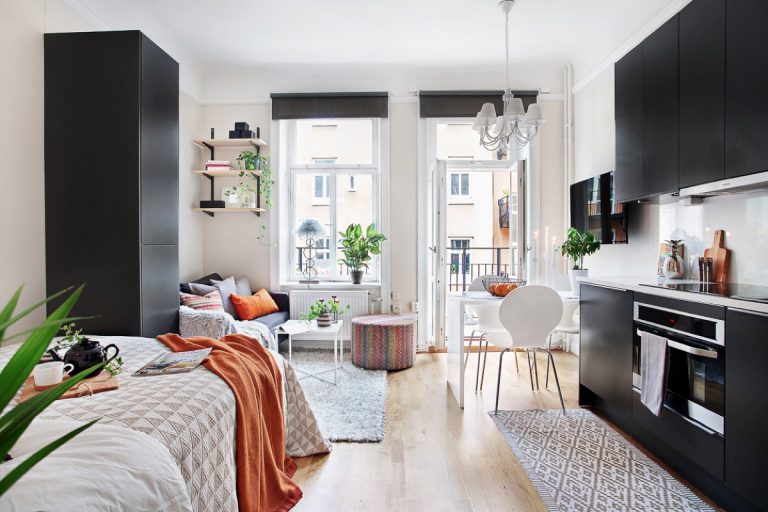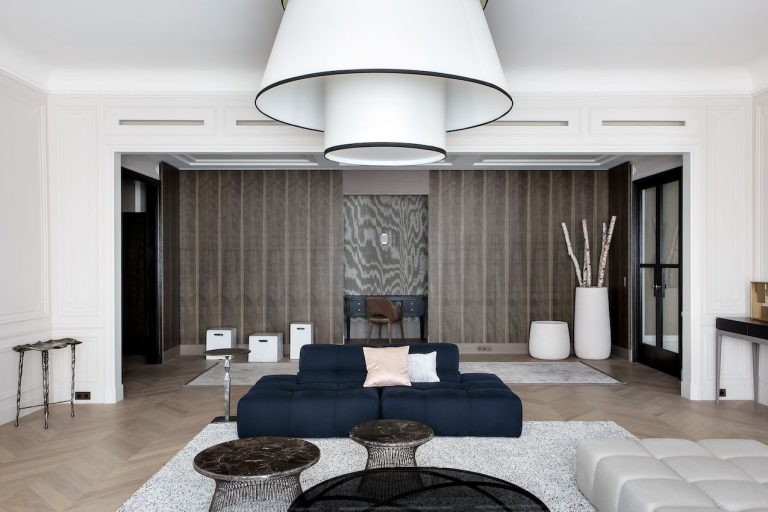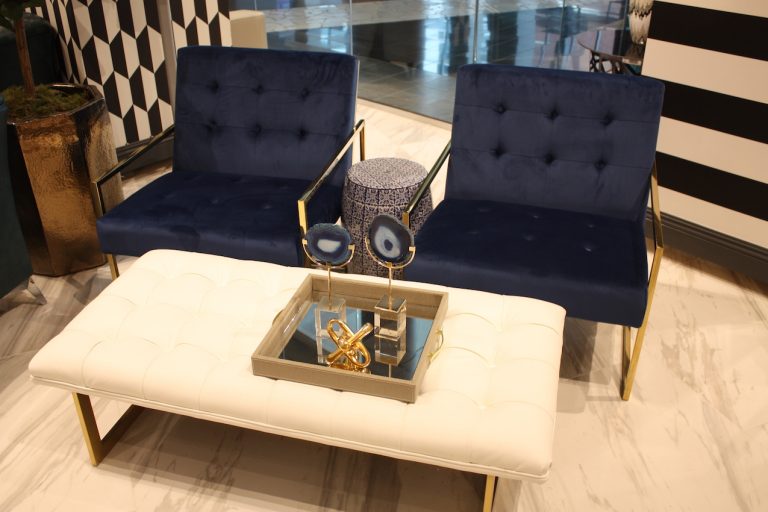Quick Tips for Easy Changes to Feng Shui Your Living Room
Much has been written about incorporating the principles of Feng Shui in the home, and the living room is the first place to do it. It’s where the family spends time and where guests are welcomed, so it’s an auspicious and key area. Mind you, it’s generally not possible to reconfigure your entire home to fit Feng Shui principles, but there are tips for making spaces more harmonious.
It’s important to understand a little bit about the concept of Feng Shui, which is based on yin and yang — the balance of opposing forces. The Chinese believe that one cannot exist without the other and they should always be in balance, hence the quest for a harmonious setting in the home. Feng Shui also follows the “Five Elements Theory,” which honor fire, water, metal, earth and wood. These elements are believed to interact in numerous ways, both constructively or destructively, according to the University of Florida. Here are some of the easiest tips for applying Feng Shui principles to your living room.
Conquer the Clutter
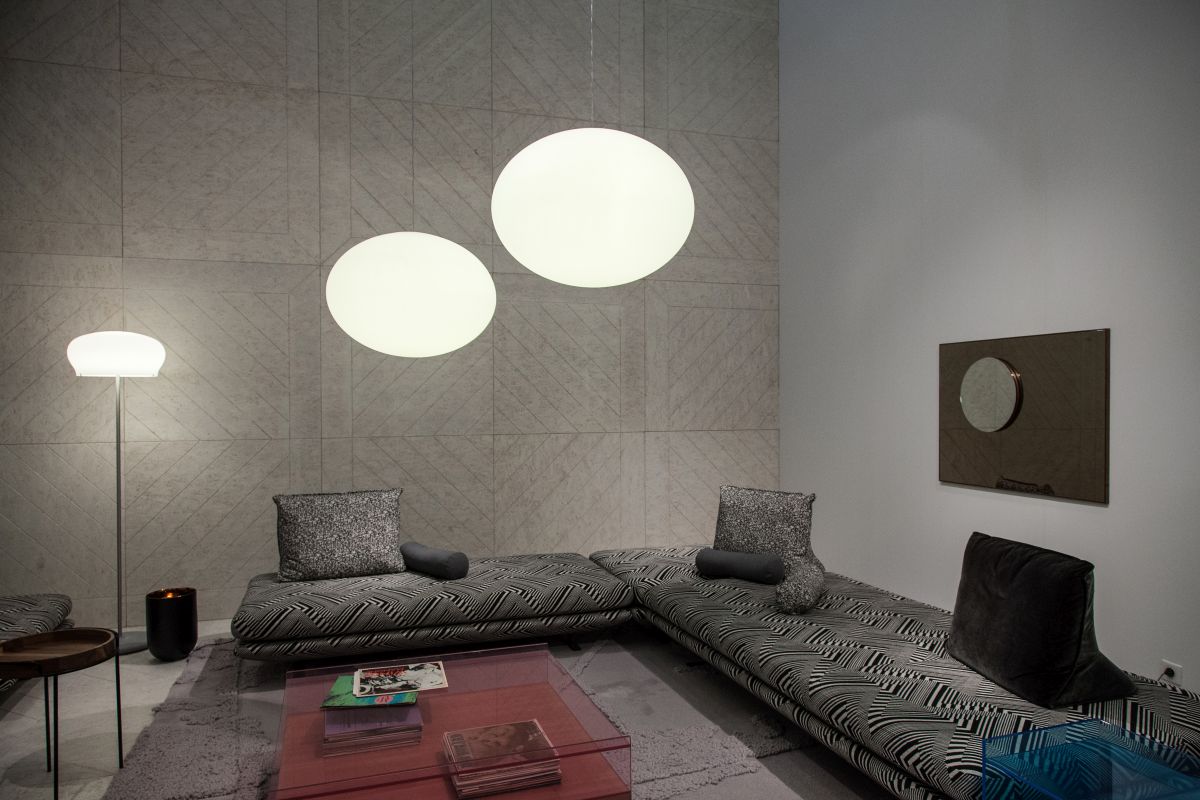
Nothing good comes from clutter, and this is a fundamental point in Feng Shui. There’s no room in a space for good energy when it’s chock full of clutter. Clearing out the chaos of belongings and instituting order is the first and most basic step for making the living room balanced and pleasing. In fact, this is the most important thing to do before trying to incorporate any other tips.
Be Organized
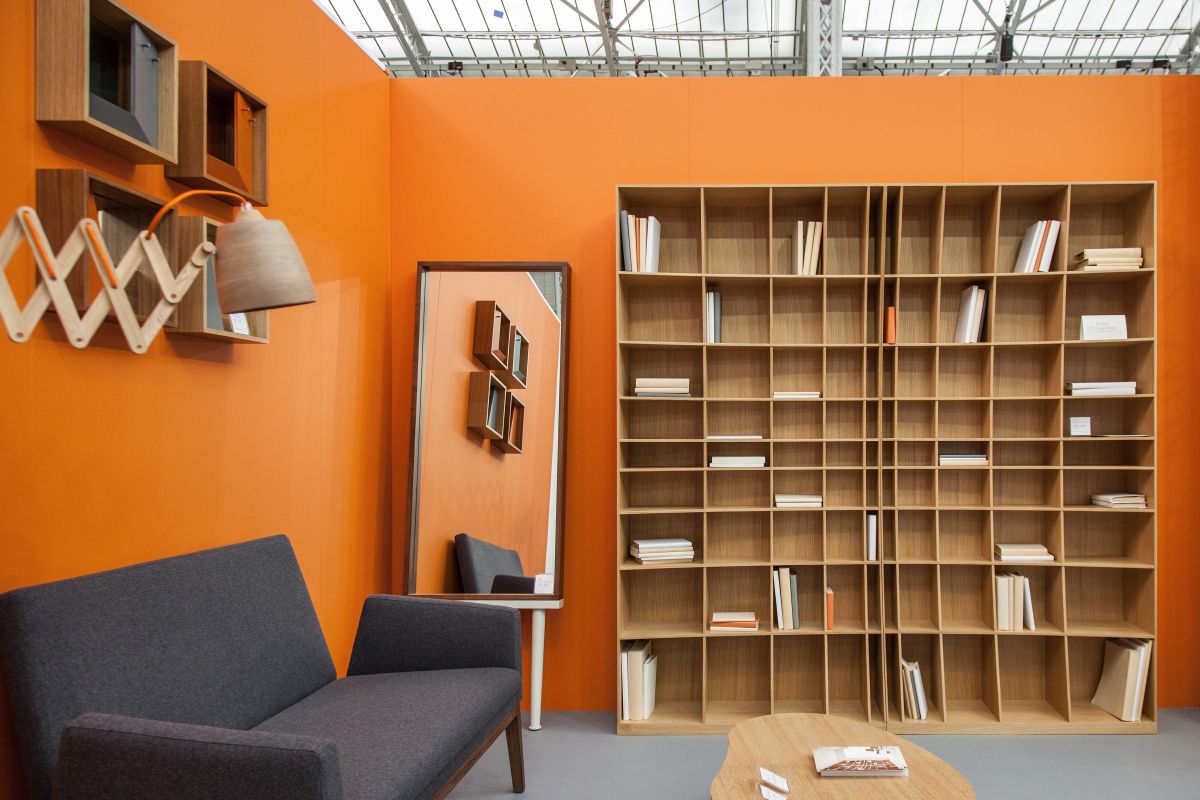
Being organized goes hand in hand with cleaning out the clutter in your living space. Organization doesn’t have to mean stashing everything in bins. Attractive shelving with nicely arranged books, magazines and accessories is a pleasing way to corral items and clean up the space. Another aspect of Feng Shui is that it focuses on the power that comes from intention. Nothing in the room should be frivolous and all the furniture in the living area should have a function, and shelving serves a very important purpose.
Honor the Elements
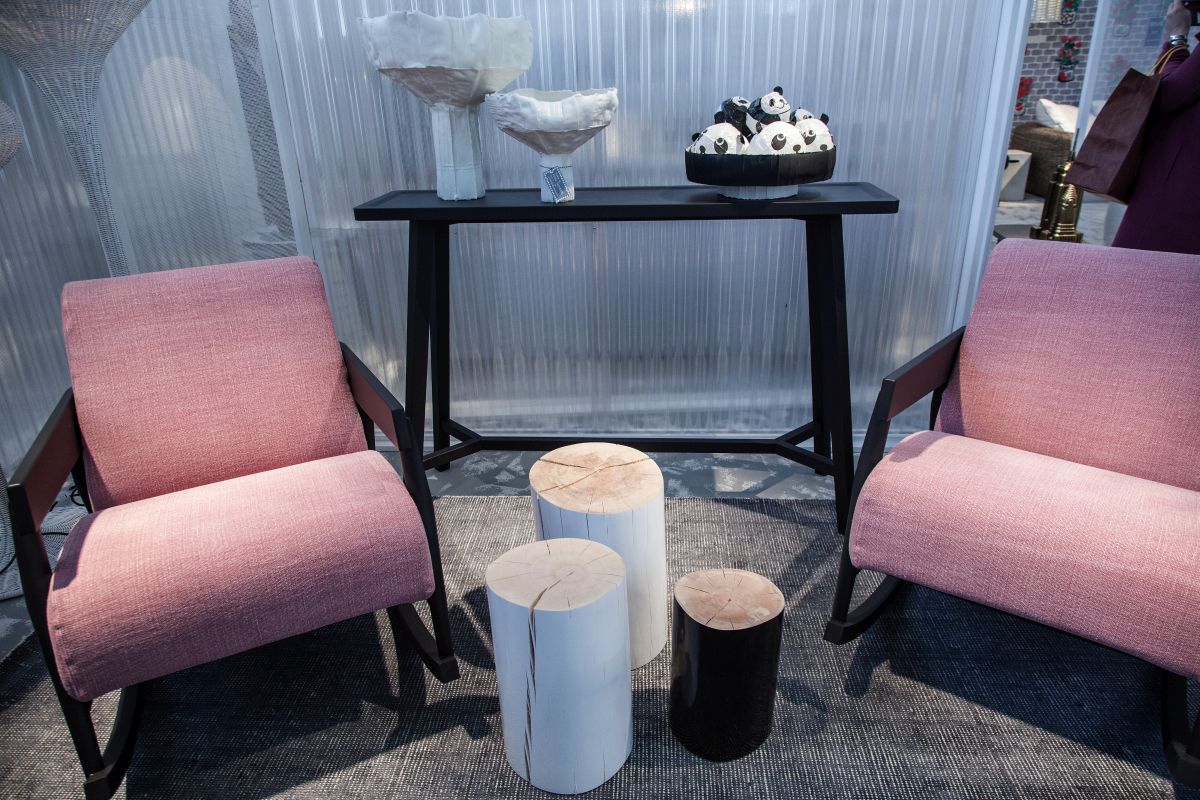
As we already mentioned, Feng Shui reveres the five elements: Fire, water, earth, metal, and wood. Ideally, a home will include a balance of these elements in all parts, but starting with the living room is a good step. Try and honor each of the elements in the room in some way: If open flames are not an option, fire can be represented by a color. Metal can be incorporated through accessories like picture frames or wood can be included as furnishings. Water can be represented by a tabletop fountain or a painting.
Add Life Force Energy
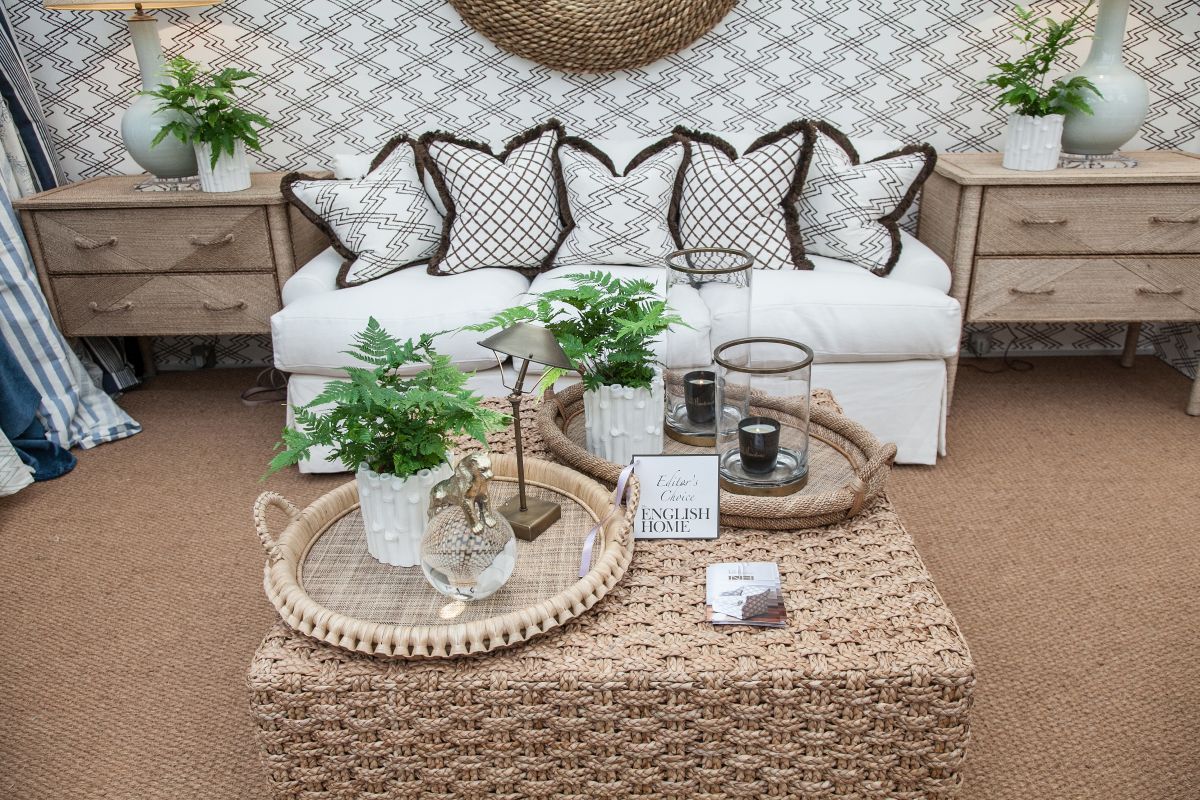
Adding real plants to living room decor honors the wood element and brings a positive life force into the room. Some Feng Shui consultants point out that plants also represent new beginnings and are auspicious for the home. In fact, only the real thing will do when it comes to Feng Shui. Dried plants and plastic flowers will not do the trick.
Leverage the Right Colors
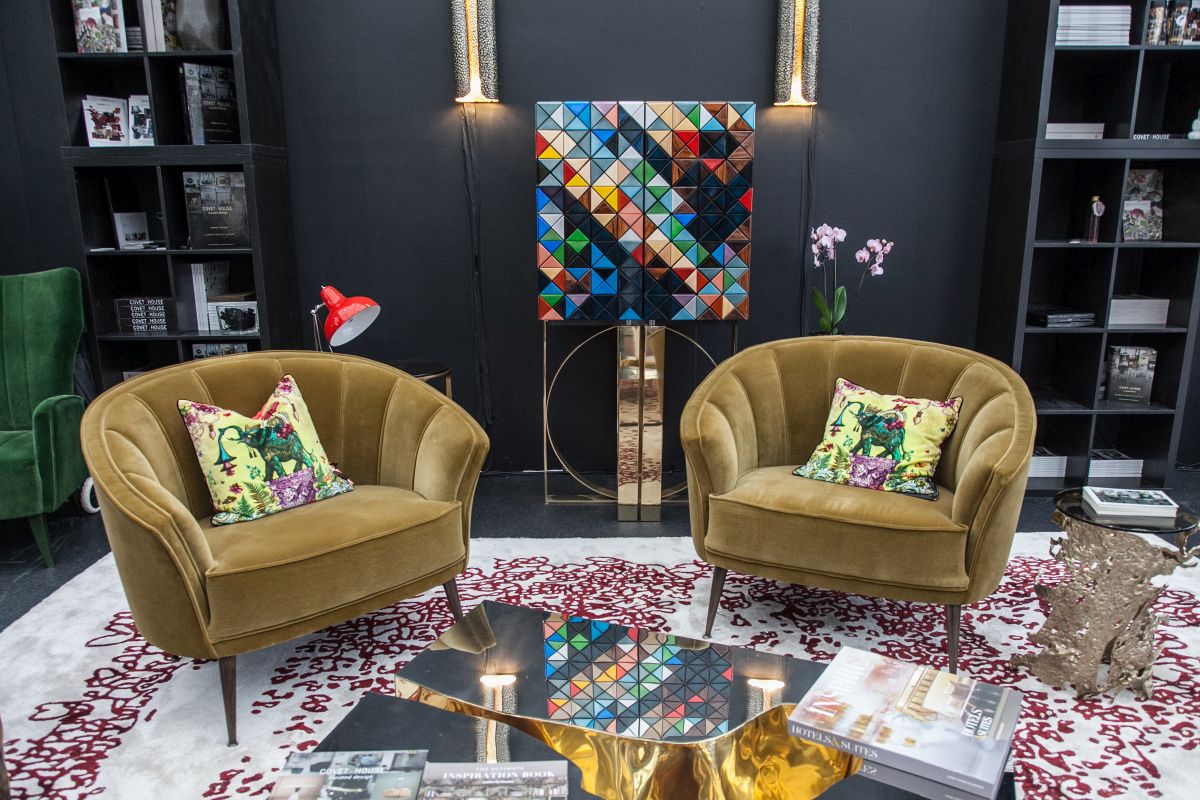
Using relaxing and comforting colors are key to Feng Shui the living room. It is the year of the pig in 2019, which means that earth is a dominant element, according to Chinese astrology. Designs that incorporate warm yellows, shades of brown and gold, along with pale pastel pink are particular auspicious choices for 2019. No matter what you choose, the colors should be in balance with other elements in the room.
Focus on Thoughtful Arrangement
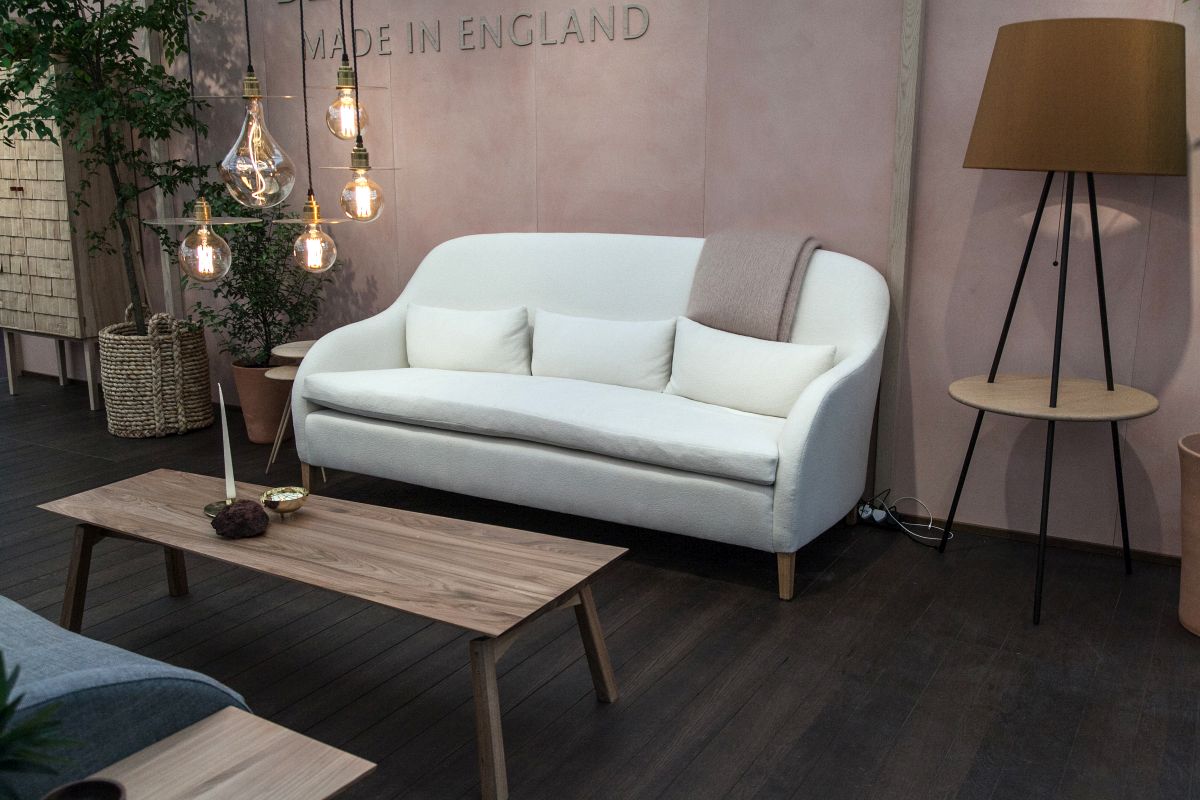
Along with purpose and intention, flow and comfort are paramount in a living room that follows Feng Shui principles. No matter what the size of the room, it should feel comfortable and easy, not crowded or constrained. This makes furniture placement important. Before moving furniture around, consider the way the room is used and how traffic flows through the space. This can help direct rearrangement of the pieces in the space. Make sure that you consult the various other principles of Feng Shui that direct certain placements, such as always positioning the back of the sofa against a wall, and never with the back to a view out the window.
Lighting to Boost Your Chi
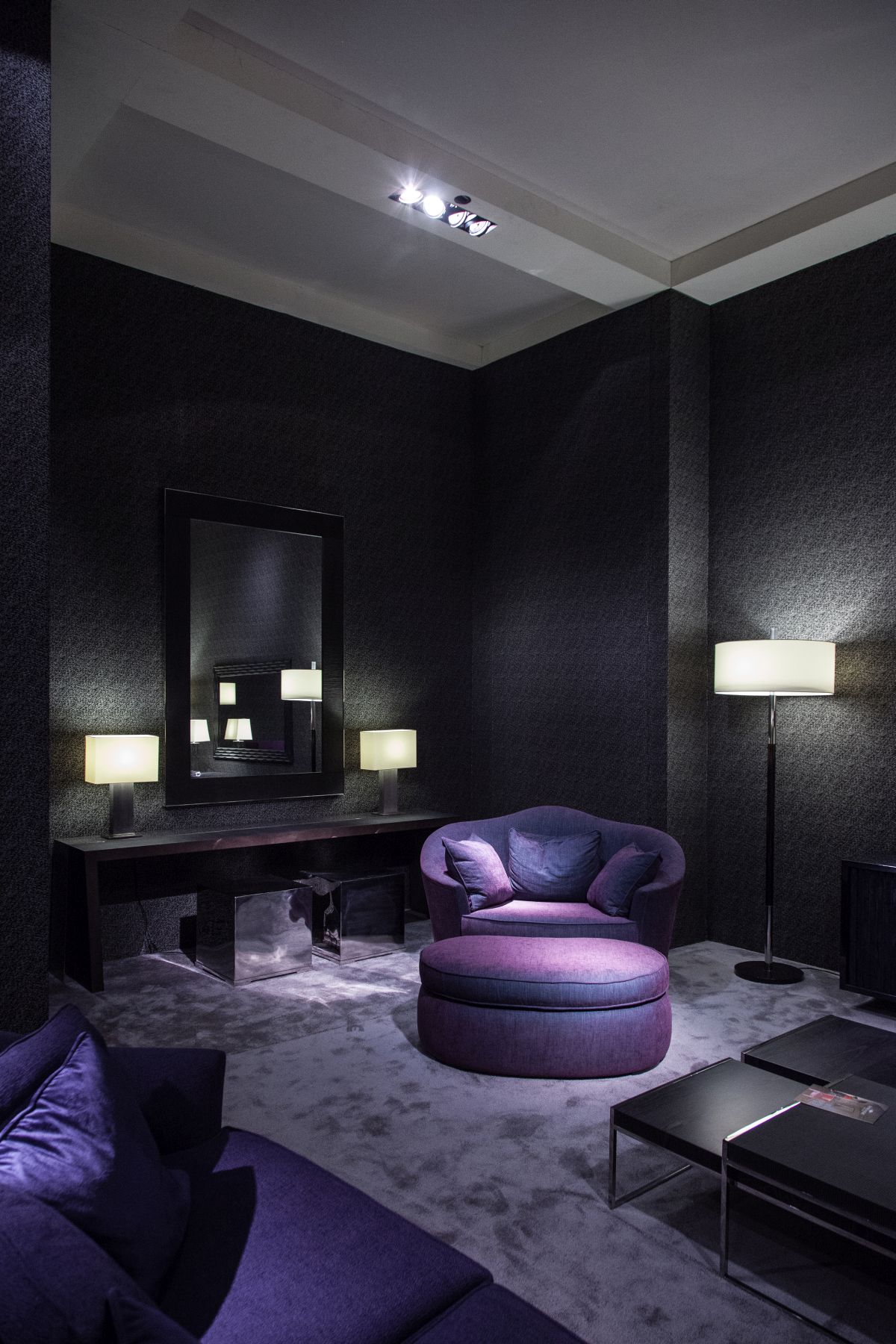
Although Feng Shui principles recommend against having a living room in the center of the house, it’s not always possible to so drastically alter a living space as to change the location of a room. If the living room must be in a space that has little or no natural light — an important element in feng shui — then adding the right amount of interior lighting is critical. Fixtures that cast lighting upward as well as downward for tasks is necessary to have a balance and the right lighting environment for good energy, or chi.
Properly Position Mirrors
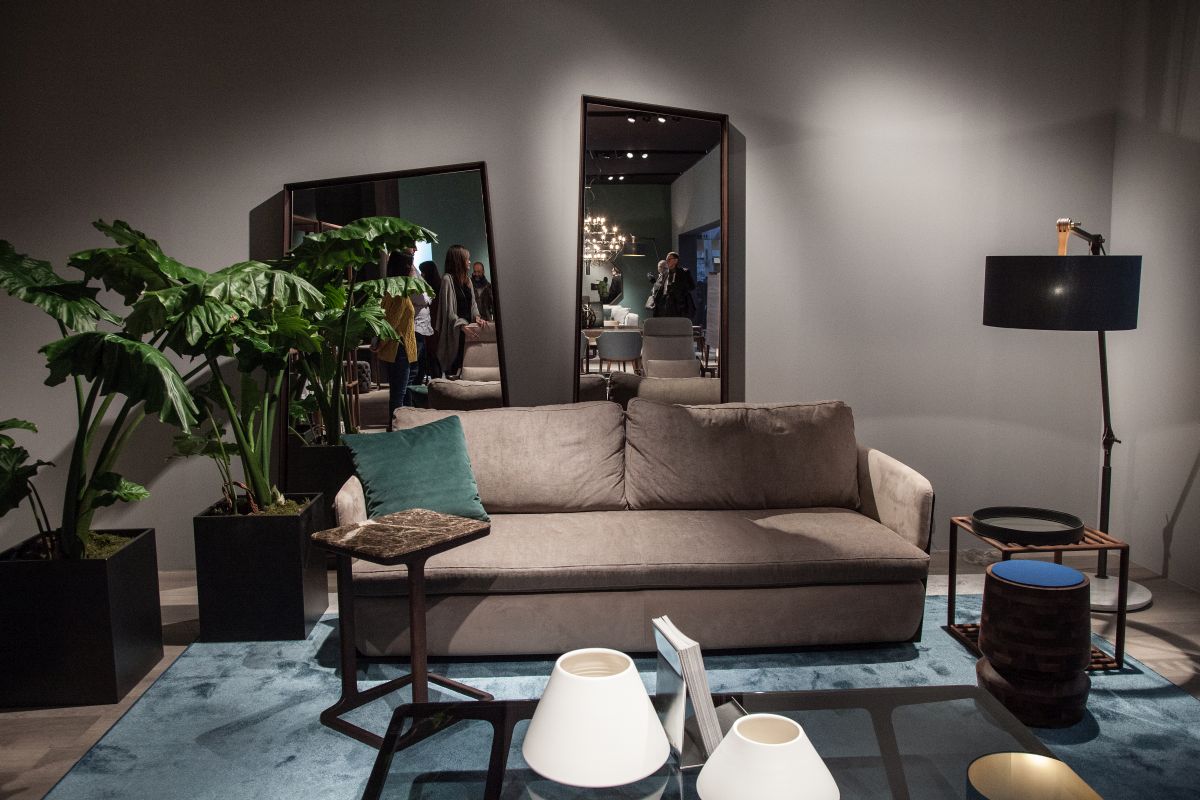
Mirrors are essential to making smaller spaces seem bigger but as any Feng Shui consultant will tell you, where you position the mirror is the most important thing. As far as size is concerned, choose a mirror that allows you to see your entire head, shoulders and chest because this is called “capturing your aura,” writes Laura Cerrrano. She notes it is important to be able to see the whole you for literal as well as energetic and psychological purposes. Cerrano also says that placement should take into consideration what is reflected because mirrors “double the energy and symbolic meaning of whatever it sees.”
The TV Conundrum
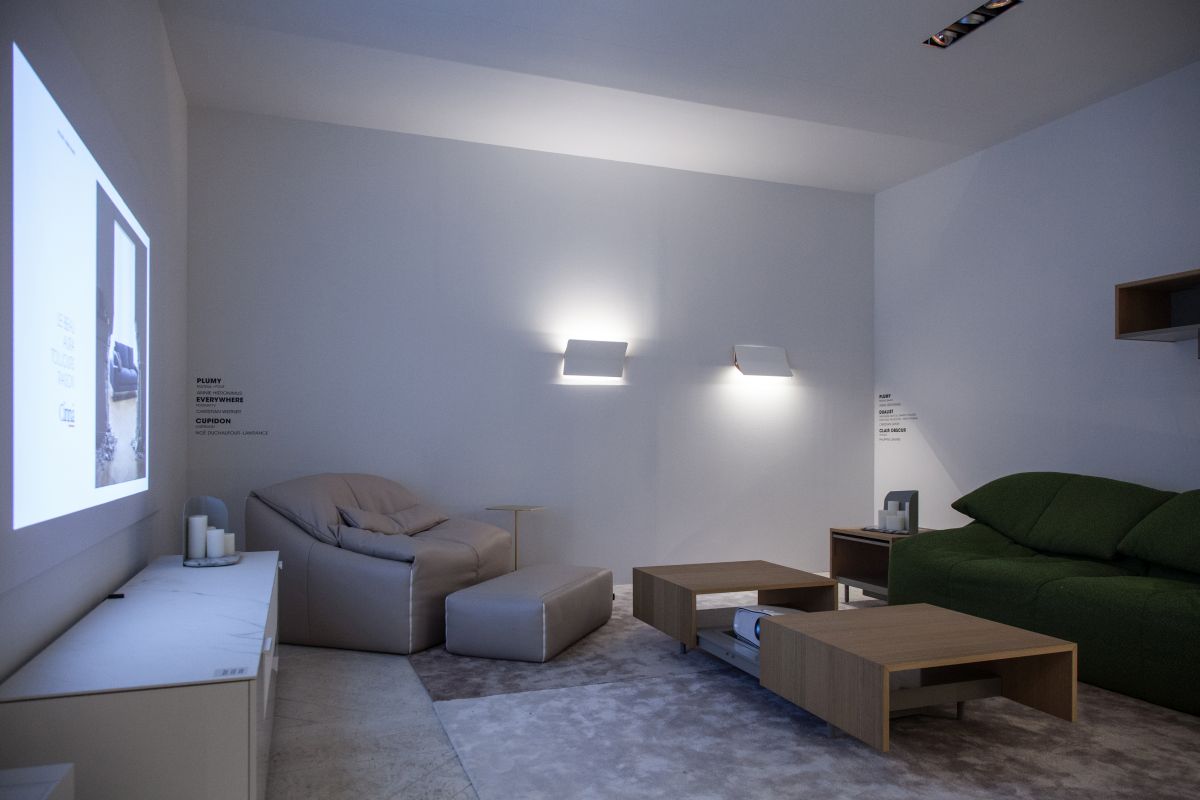
Placement of the television in the living room can depend on what type of energy you want to cultivate but Feng Shui experts are clear on one thing: The TV should be covered when it’s not in use. In the days of larger tube televisions, it was common to close them up in an armoire. The advent of LED televisions, they now more commonly hang on the wall, making an entertainment center less necessary. Wall televisions can swill be closed in by a cabinet, covered with a piece of art, or draped with a curtain. Another option these days is a projector that shows movies and televisions shows on the wall. When it’s not in use, there’s no evidence of the TV.
Focus on Comfort and Well-Being
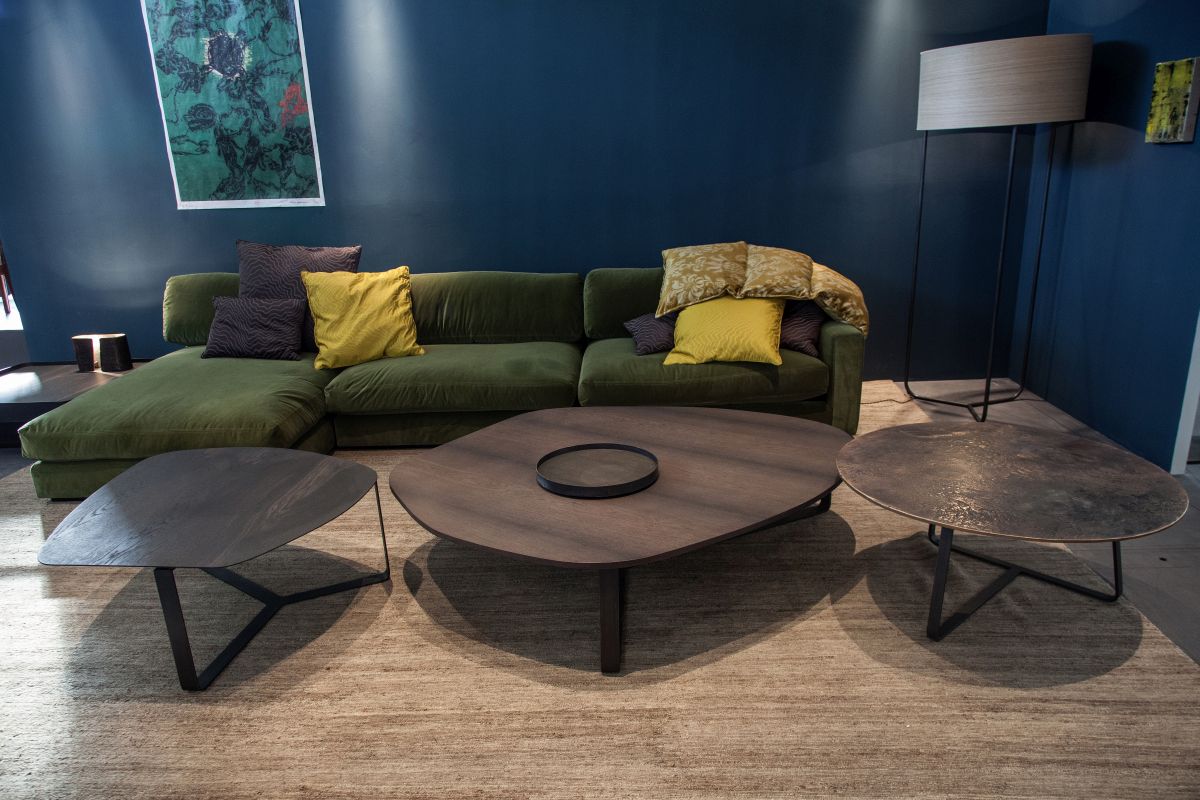
More than just functional, a Feng Shui living room should be comfortable. All the proper elements won’t do any good if your family and guests cannot be comfortable in the space. The furnishings and accessories present in a room should be welcoming and easy to interact with and the family should fit comfortably in the room. It is a true space for living and not a showroom where furnishings cannot be used as they were intended. Remember the concept of intention in Feng Shui.
Choose Curves Over Angles
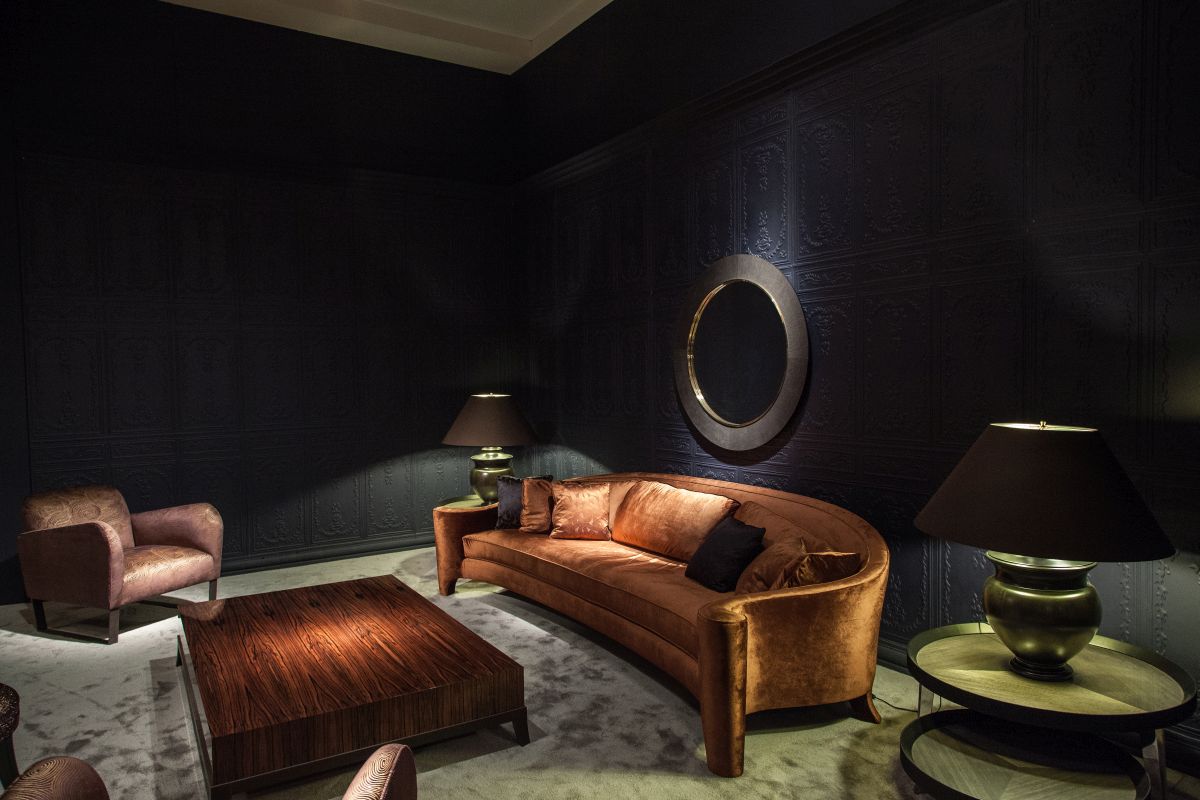
One of the principles of Feng Shui is to choose furniture that is soft and rounded, avoiding hard angles and points. This is because soft curves help generate “Sheng Chi,” writes Cerrano. “This type of ch’i mimics the natural designs of nature and offers a stronger opportunity for life force energy to flow throughout your home with ease,” she explains. The living room features plenty of rounded edges, from the armchair to the sofa and oval end tables.
Add a Square Coffee Table
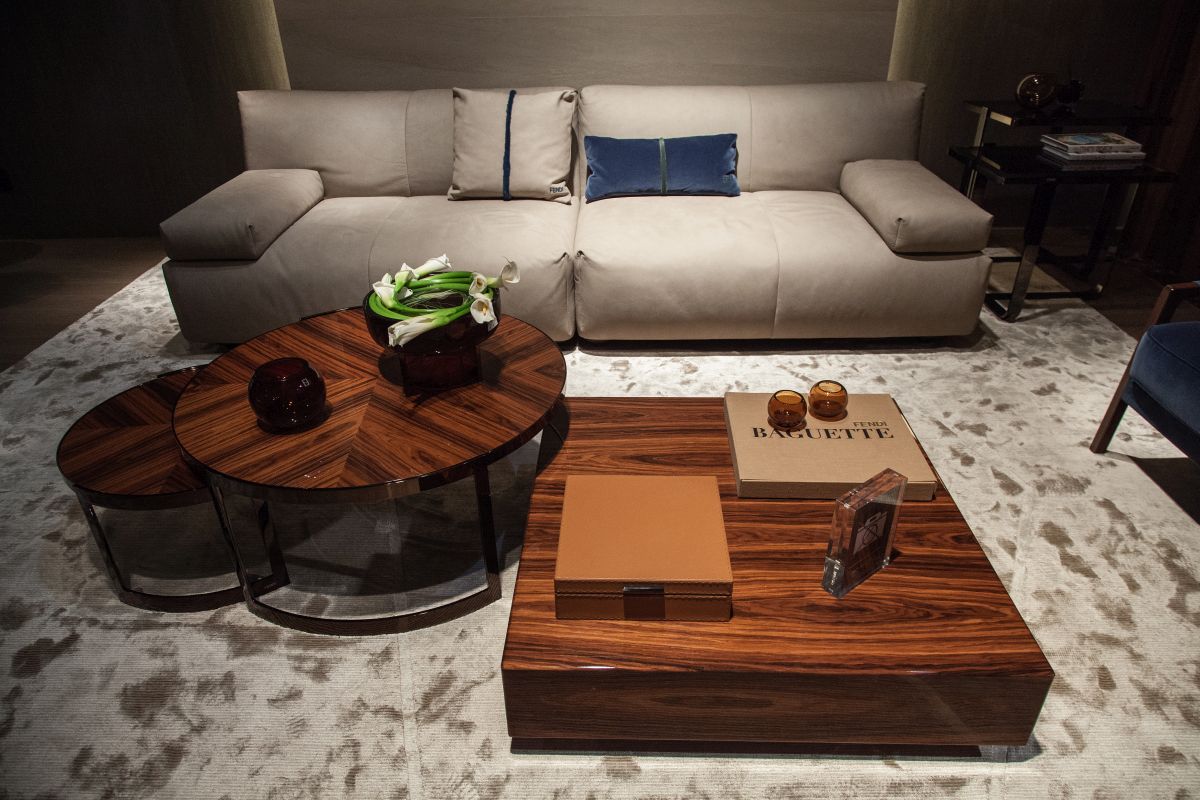
The one exception to rounded shapes for furniture is the coffee table. Corners are typically thought to serve as “poison arrows” directing negative energy at people, but round and oval coffee tables are not auspicious choices. Feng shui consultants say that those shapes can cause of chi energy to go around in circles, creating chaos and generate uncomfortable energy. For these reasons, square is your best bet for the living room.
Aim for Overall Harmony
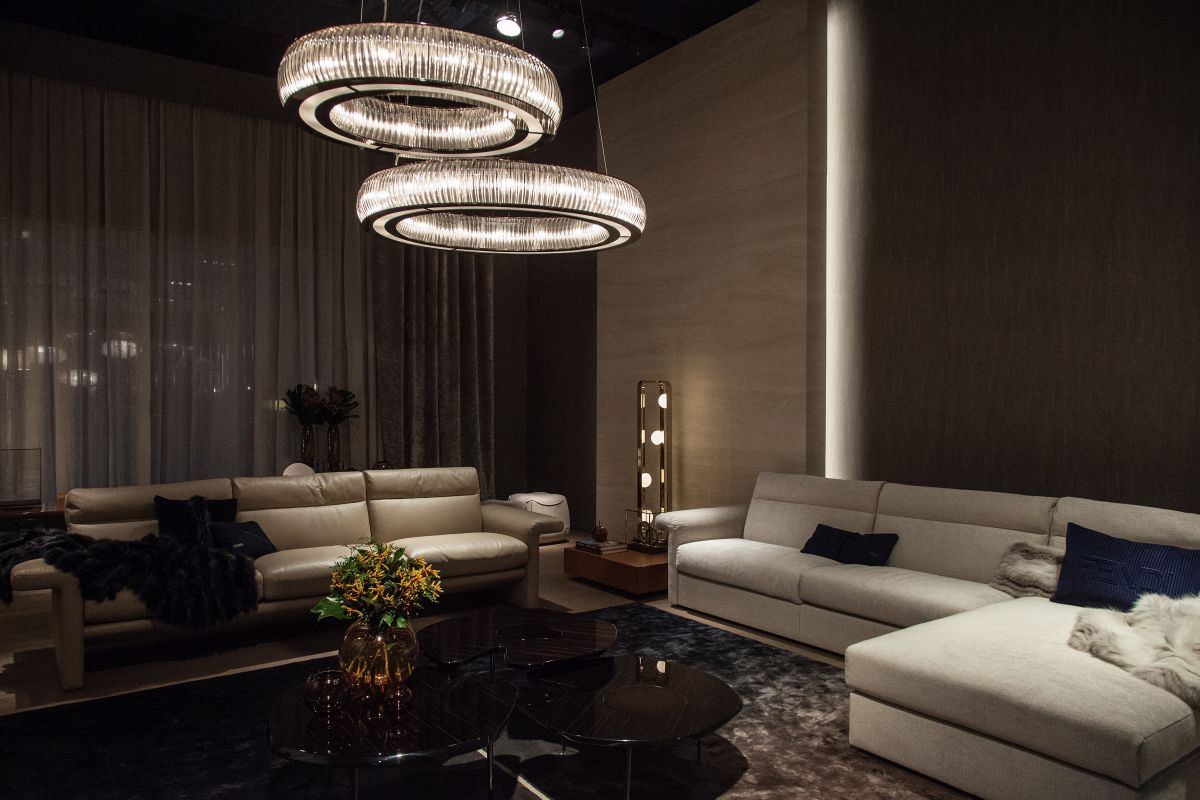
Remember that balance is the ultimate goal in any space that focuses on Feng Shui. We’ve already said that the best living room arrangement is one that creates a relaxing environment for everyone. While Feng Shui is concerned with the five elements and the Chi energy flow in a space, it also plays to the basic design principles that anyone should follow. Taking into consideration the size of the room and the proportion of the elements within it, as well as good traffic flow and comfortable conversation areas are key to creating any workable living room.
Many of these tips don’t require new purchases and can be done by rearranging what already exists. For additions, try “shopping” your own home to move things into the living room that can help fulfill the Feng Shui principles. Your ultimate goal is a space that has good energy and is a healthy and auspicious space for your whole family.
The post Quick Tips for Easy Changes to Feng Shui Your Living Room appeared first on Home Decorating Trends – Homedit.

